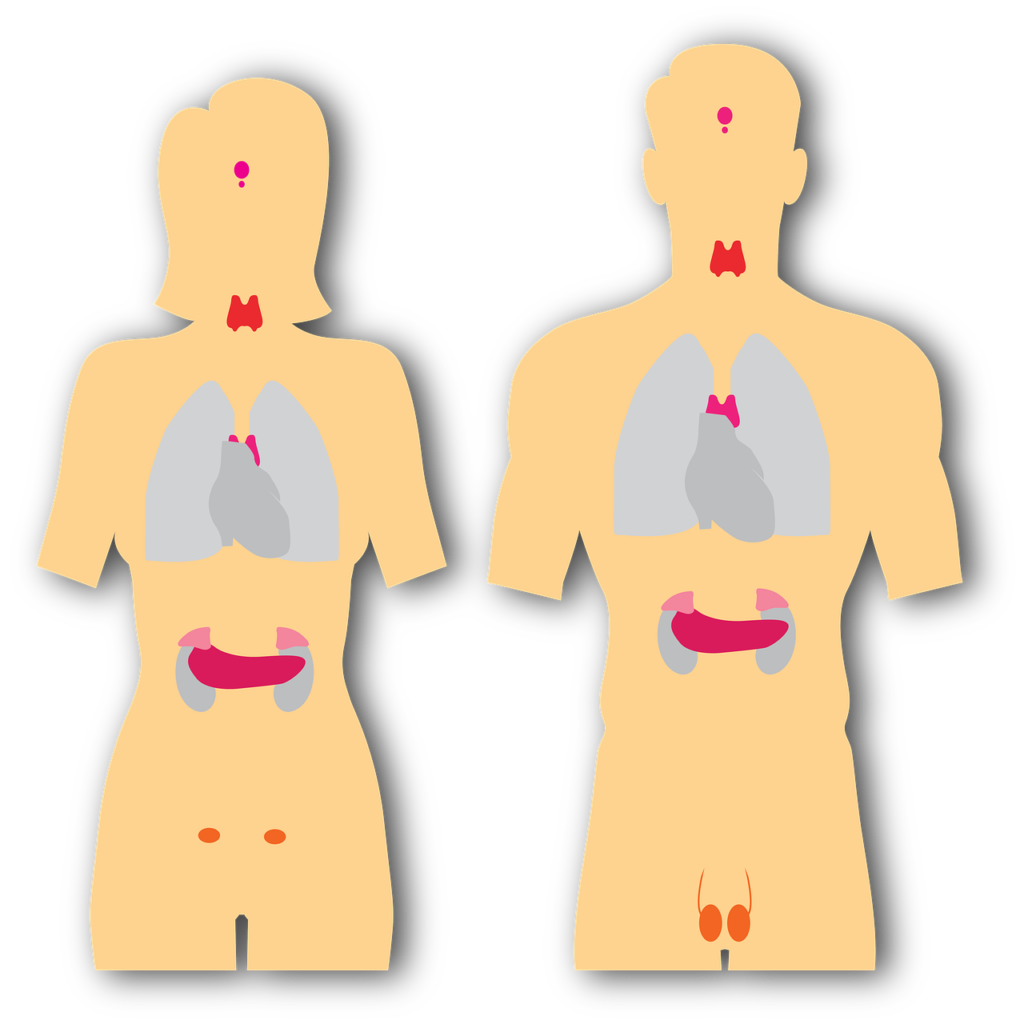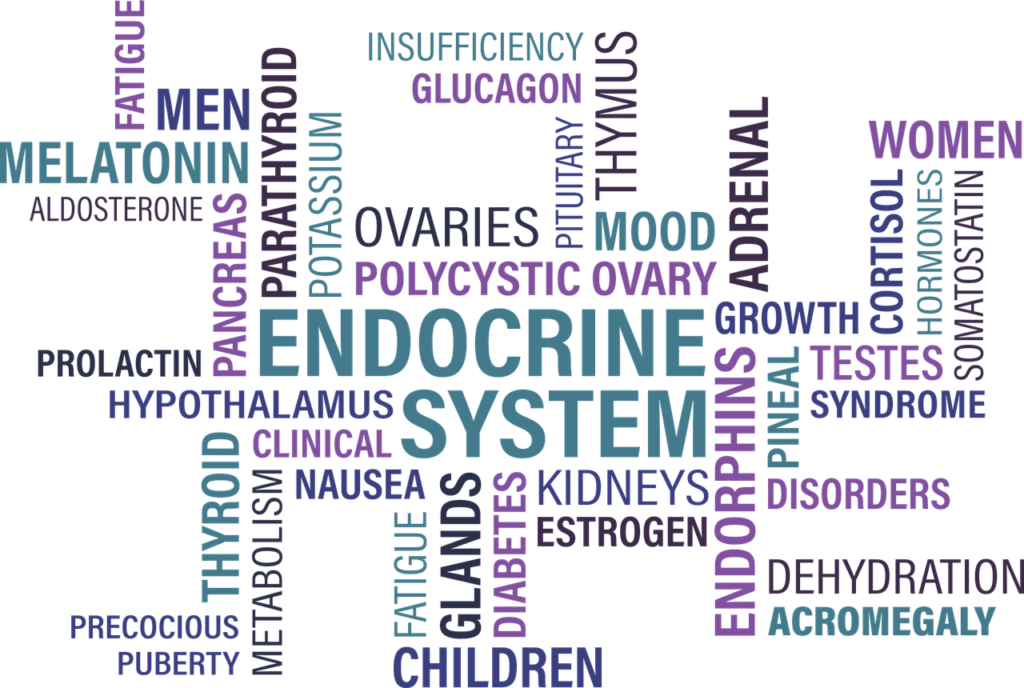Introduction
Thyroid disorders are prevalent among women, affecting their overall health and quality of life. The thyroid gland, a small butterfly-shaped organ located at the base of the neck, plays a crucial role in regulating metabolism through hormone production. Thyroid issues can lead to a range of symptoms, from fatigue to weight changes. This article explores the common thyroid disorders affecting women, their symptoms, causes, and effective management strategies.
Table of Contents
Common Thyroid Disorders in Women
1. Hypothyroidism: Occurs when the thyroid gland produces insufficient thyroid hormones, leading to symptoms such as fatigue, weight gain, cold intolerance, dry skin, and hair loss. It is more common in older women.
2. Hyperthyroidism: Characterized by an overproduction of thyroid hormones, causing symptoms like weight loss, rapid heartbeat, anxiety, and excessive sweating. Graves’ disease, an autoimmune disorder, is a common cause.


3. Hashimoto’s Thyroiditis: An autoimmune disorder that leads to chronic inflammation of the thyroid gland, often resulting in hypothyroidism. It is more common in women and presents with symptoms similar to those of hypothyroidism.
4. Thyroid Nodules: These are abnormal lumps in the thyroid gland. Most are benign, but some can be cancerous. They may cause a lump in the neck or difficulty swallowing.
5. Goiter: An enlargement of the thyroid gland, which can cause visible swelling in the neck. It often results from iodine deficiency or thyroiditis.
Symptoms of Thyroid Disorders
Thyroid disorders can manifest in various ways. Common symptoms include:
1. Fatigue and Weakness: Persistent tiredness and muscle weakness are common in both hypothyroidism and hyperthyroidism.

2. Weight Changes: Weight changes can be significant in thyroid disorders:
– Weight Loss: Hyperthyroidism often leads to unexplained weight loss despite normal or increased appetite due to an accelerated metabolism.
– Weight Gain: Hypothyroidism typically causes unexplained weight gain, with a slower metabolism contributing to increased body weight.


3. Hair and Skin Changes: Dry skin and hair loss are common in hypothyroidism, while hyperthyroidism may lead to thinning hair and excessive sweating.

4. Mood Swings: Hypothyroidism may cause depression and anxiety, whereas hyperthyroidism can lead to irritability and mood swings.


5. Temperature Sensitivity: Sensitivity to cold in hypothyroidism and heat intolerance in hyperthyroidism are characteristic symptoms.

Causes of Thyroid Disorders in Women
1. Genetics: A family history of thyroid disease increases risk. Women with a family history are more likely to develop thyroid disorders.
2. Autoimmune Diseases: Conditions like Hashimoto’s thyroiditis and Graves’ disease involve the immune system attacking the thyroid gland.
3. Hormonal Changes: Pregnancy, menopause, and puberty can affect thyroid function. Postpartum thyroiditis is a common issue after childbirth.
4. Iodine Deficiency: Iodine is essential for thyroid hormone production. Deficiency can lead to goiter and other thyroid issues.
5. Medications and Treatments: Certain medications and treatments, like lithium and radiation therapy, can impact thyroid function.


Managing Thyroid-5 Proven Strategies
1. Medication: Thyroid disorders are often managed with medication. Hypothyroidism is typically treated with synthetic thyroid hormones, while hyperthyroidism may require antithyroid drugs or radioactive iodine.

2. Regular Monitoring: Regular blood tests to monitor thyroid hormone levels are crucial for managing thyroid disorders. This helps adjust medication dosages and track disease progression.

3. Dietary Adjustments: Adequate iodine intake and avoiding goitrogens (foods that interfere with thyroid function) can be beneficial.
4. Lifestyle Changes: Managing stress, regular exercise, and maintaining a healthy weight support thyroid health and overall well-being.

5. Consultation with Specialists: Endocrinologists provide specialized care for thyroid disorders, ensuring accurate diagnosis and effective treatment.

Conclusion
Thyroid issues are a significant concern for women, impacting various aspects of health and daily life. Understanding the symptoms, causes, and management options is essential for effective treatment. If you experience symptoms of a thyroid disorder, consult a healthcare provider for proper diagnosis and personalized treatment. At Health Authentica, we’re committed to providing reliable information and support to help you manage thyroid health and improve your quality of life.










